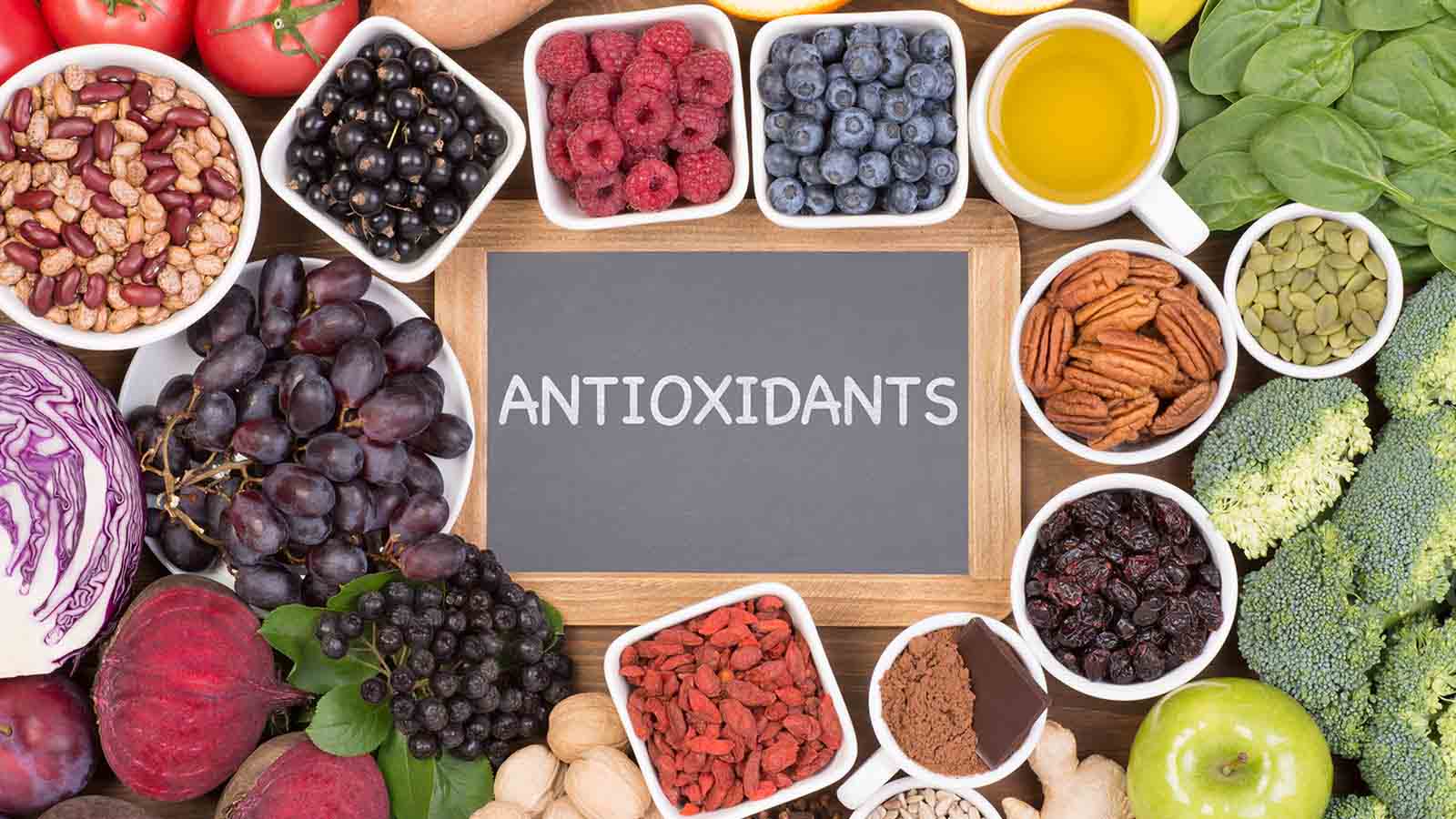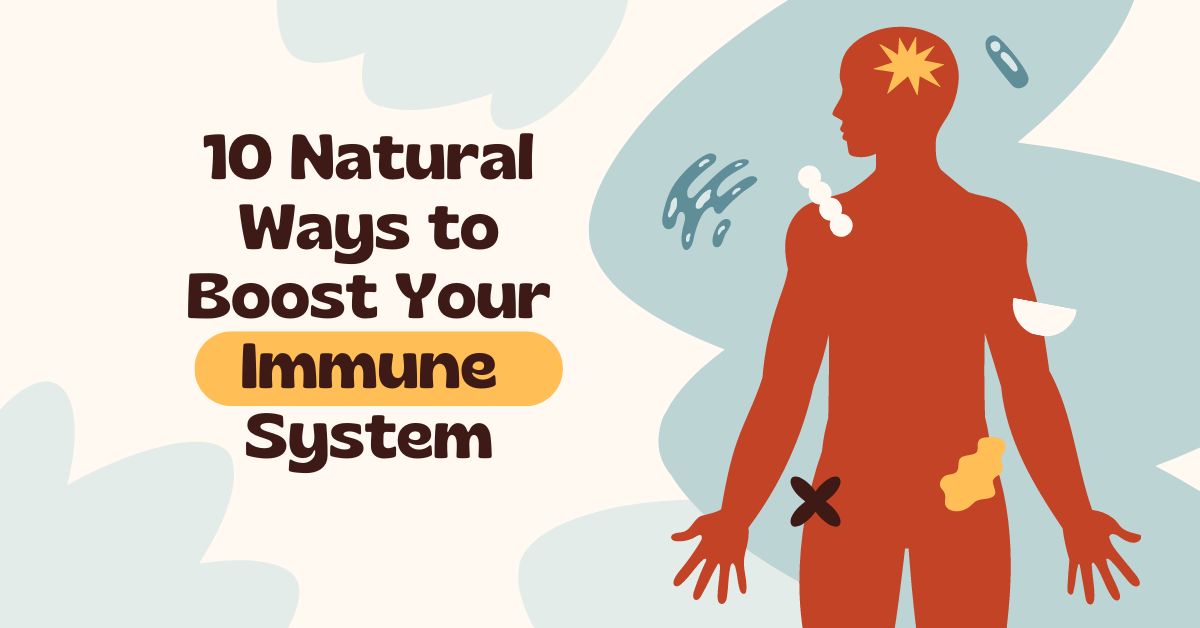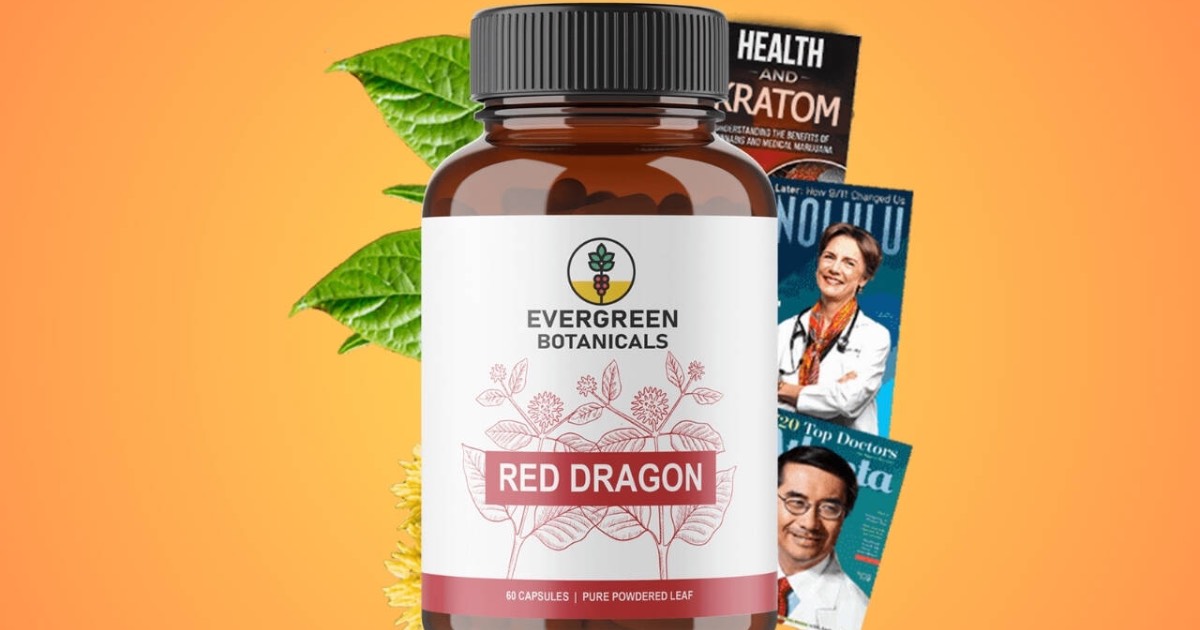In today’s health-conscious world, antioxidants are a buzzword that everyone seems to be talking about. These powerful compounds are essential for maintaining good health, preventing chronic diseases, and even slowing down the aging process. But what exactly are antioxidants, how do they work, and what makes them so beneficial?
In this comprehensive guide, we’ll explore the science behind antioxidants, their incredible health benefits, and how you can incorporate them into your daily life for optimal health.
What are Antioxidants?
Antioxidants are molecules that help neutralize free radicals in the body, preventing them from causing oxidative damage. Free radicals are unstable atoms or molecules that are produced naturally during normal metabolic processes, such as when your body converts food into energy. However, they can also be formed due to environmental factors such as pollution, cigarette smoke, UV radiation, and exposure to harmful chemicals.
Oxidative stress occurs when there is an imbalance between free radicals and antioxidants in the body. This can lead to cellular damage, DNA mutations, and contribute to various diseases like cancer, heart disease, and neurodegenerative disorders. Antioxidants serve as a defense mechanism, scavenging free radicals and neutralizing their harmful effects before they can cause significant damage.
Types of Antioxidants
Antioxidants come in various forms, each with specific roles in protecting different parts of the body. The major types of antioxidants include:
- Vitamin C: Water-soluble, helps regenerate other antioxidants, and protects the body from infections.
- Vitamin E: Fat-soluble, protects cell membranes from oxidative damage.
- Beta-carotene and other carotenoids: Found in colorful fruits and vegetables, they are important for vision and immune function.
- Selenium: A trace mineral with powerful antioxidant properties that also helps regulate thyroid function.
- Flavonoids, polyphenols, and other plant-based compounds: Found in fruits, vegetables, and beverages like tea and wine, these are powerful in reducing inflammation and oxidative stress.
Health Benefits of Antioxidants
1. Fights Oxidative Stress and Reduces Inflammation
Oxidative stress can cause damage to cells, proteins, and DNA, leading to a wide range of health problems. It is linked to aging, cardiovascular diseases, cancer, and more. By neutralizing free radicals, antioxidants reduce oxidative stress and protect cells from damage.
Antioxidants also have anti-inflammatory properties, which help lower chronic inflammation, a contributing factor in many diseases. Chronic inflammation is often caused by poor diet, pollution, or infection, and antioxidants help counteract these effects.
2. Improves Cardiovascular Health
One of the most well-researched benefits of antioxidants is their positive impact on heart health. Free radicals can cause the oxidation of LDL cholesterol, leading to plaque buildup in the arteries, which is a major cause of heart disease. Antioxidants such as flavonoids and polyphenols, found in fruits, vegetables, and tea, help prevent this oxidation, reducing the risk of atherosclerosis (hardening of the arteries).
Additionally, antioxidants can help improve blood flow, lower blood pressure, and prevent blood clotting, all of which are essential for a healthy cardiovascular system.
3. Boosts Immune Function
A strong immune system is essential for protecting the body from infections and diseases. Antioxidants, particularly vitamin C and selenium, are crucial for maintaining a healthy immune system. Vitamin C helps produce white blood cells, which are essential for fighting infections, while selenium plays a role in regulating the immune response and preventing infections.
Research has shown that people with higher antioxidant levels are less likely to suffer from infections, colds, and flu. Additionally, antioxidants can help reduce the severity and duration of illnesses.
4. Supports Brain Health and Cognitive Function
The brain is particularly susceptible to oxidative stress due to its high oxygen consumption and fatty acid content. Over time, oxidative stress in the brain can lead to neurodegenerative diseases such as Alzheimer’s and Parkinson’s. Antioxidants, especially those found in berries, green leafy vegetables, and nuts, help protect brain cells from oxidative damage and inflammation.
Research has shown that a diet rich in antioxidants can improve memory, and cognitive function, and reduce the risk of age-related cognitive decline. Antioxidants like vitamin E have been specifically linked to reduced risk of Alzheimer’s disease due to their ability to protect neurons from damage.
5. Reduces the Risk of Cancer
Antioxidants play a crucial role in protecting cells from mutations that can lead to cancer. They help neutralize free radicals that cause oxidative stress and DNA damage, both of which are factors in cancer development. Several studies have shown that diets rich in antioxidants can lower the risk of various cancers, including lung, prostate, and skin cancers.
For instance, beta-carotene (a form of vitamin A) has been shown to reduce the risk of lung cancer, while selenium is linked to a lower risk of prostate cancer. However, it’s important to note that while antioxidant-rich foods offer protection, high-dose antioxidant supplements may have adverse effects and are not always recommended.
6. Promotes Skin Health and Slows Aging
Your skin is constantly exposed to environmental factors that contribute to the production of free radicals, such as UV radiation, pollution, and chemicals. Antioxidants like vitamin C, vitamin E, and beta-carotene play a significant role in maintaining healthy skin by protecting it from oxidative damage.
Vitamin C helps stimulate collagen production, reducing wrinkles and improving skin elasticity. Vitamin E, on the other hand, helps repair damaged skin cells and prevents premature aging. Incorporating antioxidants into your skincare routine can result in healthier, more youthful-looking skin over time.
7. Aids in Weight Management and Fat Loss
Several studies have shown that antioxidants can play a role in weight management, particularly in reducing inflammation and improving metabolism. Green tea, which is rich in catechins (a type of antioxidant), has been linked to increased fat oxidation and improved metabolic rate.
Antioxidants also help reduce oxidative stress and inflammation that are often linked to obesity. By promoting healthier cellular function, antioxidants may help regulate appetite, increase energy expenditure, and support weight loss efforts.
Sources of Antioxidants
Antioxidants are found in a wide variety of foods, particularly in fruits, vegetables, and plant-based foods. To get the full range of antioxidant benefits, it’s important to eat a variety of these foods daily.
1. Fruits
- Blueberries
- Strawberries
- Oranges
- Grapes
- Apples
2. Vegetables
- Spinach
- Kale
- Broccoli
- Carrots
- Sweet potatoes
3. Nuts and Seeds
- Almonds
- Walnuts
- Sunflower seeds
4. Beverages
- Green tea
- Red wine (in moderation)
- Coffee
5. Whole Grains
- Oats
- Brown rice
- Quinoa
By incorporating a variety of these foods into your diet, you can ensure that your body is getting the antioxidants it needs to function properly and protect itself from oxidative damage.
How to Maximize Antioxidant Intake
1. Eat a Colorful Diet
One of the easiest ways to ensure you’re getting enough antioxidants is to eat a colorful diet. The pigments that give fruits and vegetables their vibrant colors are often antioxidants. For example, the red in tomatoes comes from lycopene, while the orange in carrots comes from beta-carotene. Eating a rainbow of colors ensures you’re getting a variety of antioxidants.
2. Include More Plant-Based Foods
Plant-based foods are rich in antioxidants, so increasing your intake of fruits, vegetables, nuts, and seeds is a great way to boost your antioxidant levels. Aim to fill half your plate with fruits and vegetables at each meal.
3. Drink Green Tea
Green tea is one of the best natural sources of antioxidants, particularly catechins. Drinking a cup of green tea daily can provide a significant antioxidant boost and offer additional health benefits like improved brain function and fat loss.
4. Choose Whole Grains
Whole grains like oats, quinoa, and brown rice are packed with antioxidants and fiber, which help support overall health. Replacing refined grains with whole grains is a simple way to increase your antioxidant intake.
Conclusion
Antioxidants are vital for protecting your body from the damaging effects of free radicals and oxidative stress. From reducing the risk of chronic diseases like cancer and heart disease to improving brain function and promoting skin health, the benefits of antioxidants are wide-ranging and essential for long-term health. By incorporating antioxidant-rich foods into your daily diet, you can take proactive steps to enhance your well-being and prevent various health issues.
FAQs
1. Are antioxidant supplements as effective as food sources?
While antioxidant supplements can provide benefits, they may not be as effective or safe as getting antioxidants from natural food sources. Whole foods offer a combination of nutrients that work together for optimal health.
2. Can I have too many antioxidants?
Yes, excessive intake of antioxidant supplements, especially in high doses, can lead to negative health effects. It’s best to get antioxidants from a balanced diet rather than relying solely on supplements.
3. Which foods are the richest in antioxidants?
Berries, such as blueberries and strawberries, are some of the richest sources of antioxidants. Other good sources include dark leafy greens, nuts, and seeds.
By making antioxidant-rich foods a staple in your diet, you can enjoy the numerous health benefits they offer, leading to a healthier, longer life.
References
- Harvard T.H. Chan School of Public Health – Antioxidants https://nutritionsource.hsph.harvard.edu/antioxidants/
- National Institutes of Health – Antioxidants and Cardiovascular Health https://www.nccih.nih.gov/health/antioxidant-supplements-what-you-need-to-know
- Journal of Clinical Medicine – Antioxidants and Immune Function https://iopscience.iop.org/article/10.1088/1742-6596/1853/1/012065/meta
- Frontiers in Aging Neuroscience – Antioxidants and Brain Health https://www.frontiersin.org/journals/aging-neuroscience/articles/10.3389/fnagi.2022.1092596/full
- American Cancer Society – Antioxidants and Cancer https://www.cancer.org/cancer/risk-prevention/diet-physical-activity/acs-guidelines-nutrition-physical-activity-cancer-prevention/common-questions.html
- American Academy of Dermatology – Antioxidants and Skin Health https://www.aad.org/public/everyday-care/skin-care-secrets/anti-aging/retinoid-retinol
- Journal of Nutrition – Antioxidants and Weight Management https://nutritionj.biomedcentral.com/articles/10.1186/s12937-022-00806-9


